
Space Monkey Reflects: Nothing Makes You Happy – Contentment from Within
The aphorism, “Nothing makes you happy until you’re happy with nothing,” reveals a paradoxical truth about human nature and the pursuit of happiness. It suggests that the happiness we so often chase in the external world is illusory, tied to fleeting moments and material gains. True contentment, it argues, is an internal state—a resonance with nothingness that transcends the need for external validation or possession.
Happiness vs. Contentment
Happiness, as conventionally understood, is often seen as a reaction to circumstances. It is tied to events, achievements, or acquisitions that provide temporary pleasure. But such happiness is fragile, dependent on external factors beyond our control.
Contentment, by contrast, is a deeper, more enduring state. It arises from within, independent of external conditions. To be “happy with nothing” is to embody this contentment—a state of fulfillment that does not rely on acquisition or validation.
The Illusion of External Fulfillment
The pursuit of happiness through external means is like chasing shadows. Material possessions, accolades, or relationships may provide momentary joy, but they rarely satisfy for long. Each new acquisition or achievement creates a hunger for more, perpetuating a cycle of longing and dissatisfaction.
This cycle stems from the belief that happiness is something to be attained rather than realized. It keeps us looking outward when the true source of contentment lies within.
Embracing Nothingness
To be happy with nothing is not about denying the value of external experiences but about recognizing their limitations. It is about cultivating a state of being where your sense of fulfillment is not tied to what you have or achieve but to your relationship with yourself and the present moment.
Nothingness, in this context, is not emptiness but spaciousness—a state of freedom from attachment and expectation. It is a recognition of your inherent completeness, untouched by the comings and goings of life.
How to Cultivate Inner Contentment
- Practice Presence: Contentment begins with being fully present in the moment. When you stop seeking happiness elsewhere, you discover it here and now.
- Release Attachments: Let go of the belief that happiness depends on specific outcomes or possessions. This frees you to appreciate life as it is.
- Embrace Gratitude: Find joy in the simple, the mundane, and the unremarkable. Gratitude shifts focus from what is lacking to what is already abundant.
- Connect with Self: Develop a deeper relationship with yourself. Inner stillness and self-awareness nurture a contentment that external circumstances cannot shake.
The Role of Nothingness in Contentment
Nothingness is a state of being rather than a void. It is the space where attachments dissolve, and freedom emerges. In this space, you are no longer defined by what you possess, achieve, or experience. You are simply you, and that is enough.
This relationship with nothingness transforms your understanding of happiness. You no longer chase it; you embody it. It becomes a state of presence and acceptance rather than a destination to be reached.
A Shift in Perspective
The realization that “nothing makes you happy until you’re happy with nothing” invites a profound shift in perspective. It challenges the cultural narrative of accumulation and achievement, offering instead a path of simplicity and self-realization.
This path does not deny the value of external joys but places them in their proper context. They are not the source of happiness but reflections of an inner contentment that already exists.
Summary
True happiness is not found in external achievements or possessions but in the inner state of contentment that arises when we are “happy with nothing.” This perspective shifts the focus from chasing happiness to embodying it, cultivating presence, gratitude, and self-awareness. In embracing nothingness, we discover the spaciousness and freedom of true contentment.
Glossarium
- Nothingness: A state of freedom from attachment and expectation, where true contentment arises.
- Contentment: A deep and enduring sense of fulfillment, independent of external circumstances.
- Inner Stillness: The quiet space within, untouched by the noise of life, where happiness resides.
- Freedom from Attachment: Letting go of the belief that happiness depends on specific outcomes or possessions.
Quote
“Happiness is not found in what you have but in your ability to be at peace with nothing at all.” — Space Monkey
The Spaciousness of Nothing
Nothing calls,
Not as emptiness,
But as spaciousness,
A quiet reminder
Of what I already am.
I chase no more.
I cling no more.
I stand in the stillness,
And there,
I find everything.
No possessions,
No expectations,
Just the fullness
Of being here,
Of being now,
Of being.
Nothing makes me happy,
Because nothing was missing.
We are Space Monkey.
The aphorism “Nothing makes you happy until you’re happy with nothing” encapsulates a profound philosophical insight into the nature of contentment and the human pursuit of happiness. It challenges conventional notions of happiness that are often tied to the accumulation of material possessions, achievements, or external validations, suggesting instead that true happiness originates from a state of inner fulfillment and acceptance. This perspective invites a deeper exploration into the essence of happiness and how it can be cultivated independent of external circumstances.
Contentment from Within
The statement implies that happiness is an internal state, not contingent upon external factors. This form of contentment arises not from having everything we desire but from a deep sense of peace and acceptance with what is, including the absence of material possessions or specific outcomes. It suggests that when one can find joy and fulfillment in the simplest form of existence—essentially, with “nothing”—they unlock a more sustainable and resilient form of happiness that is not easily disturbed by life’s fluctuations.
The Illusion of External Pursuits
Modern culture often promotes the idea that happiness can be achieved through acquiring more—more wealth, more success, more possessions. However, this pursuit can lead to a perpetual state of wanting, where satisfaction is always just beyond the next achievement. The aphorism challenges this endless cycle, highlighting the paradox that the relentless pursuit of happiness through external means can actually distance us from the contentment we seek.
Mindfulness and Presence
Being “happy with nothing” is closely aligned with the principles of mindfulness and presence. It encourages living in the moment, appreciating the present without excessive worry about the past or future. This mindset fosters gratitude for the simple aspects of life and a deeper connection with oneself and one’s environment, cultivating a state of happiness that is independent of external conditions.
Detachment and Freedom
The concept also touches on the idea of detachment, a key theme in various spiritual and philosophical traditions. Detachment does not mean disengagement from the world but rather an understanding that clinging to specific outcomes or possessions does not define one’s worth or happiness. This freedom from attachment allows individuals to engage with life more fully, experiencing joy in being rather than having.
The Journey to Happiness
Achieving happiness with nothing is a journey of introspection and personal growth. It involves questioning deeply ingrained beliefs about happiness, examining one’s values, and cultivating qualities such as gratitude, acceptance, and compassion. This process can lead to a profound transformation in how one experiences happiness, shifting from a dependency on external validation to an appreciation for the intrinsic value of existence.
Embracing the wisdom that happiness comes from being content with nothing invites us to cultivate an inner richness that transcends material possessions and external achievements. It encourages us to explore the depths of our own being, finding joy and peace in the simplicity of existence, and ultimately, discovering that true happiness lies within.
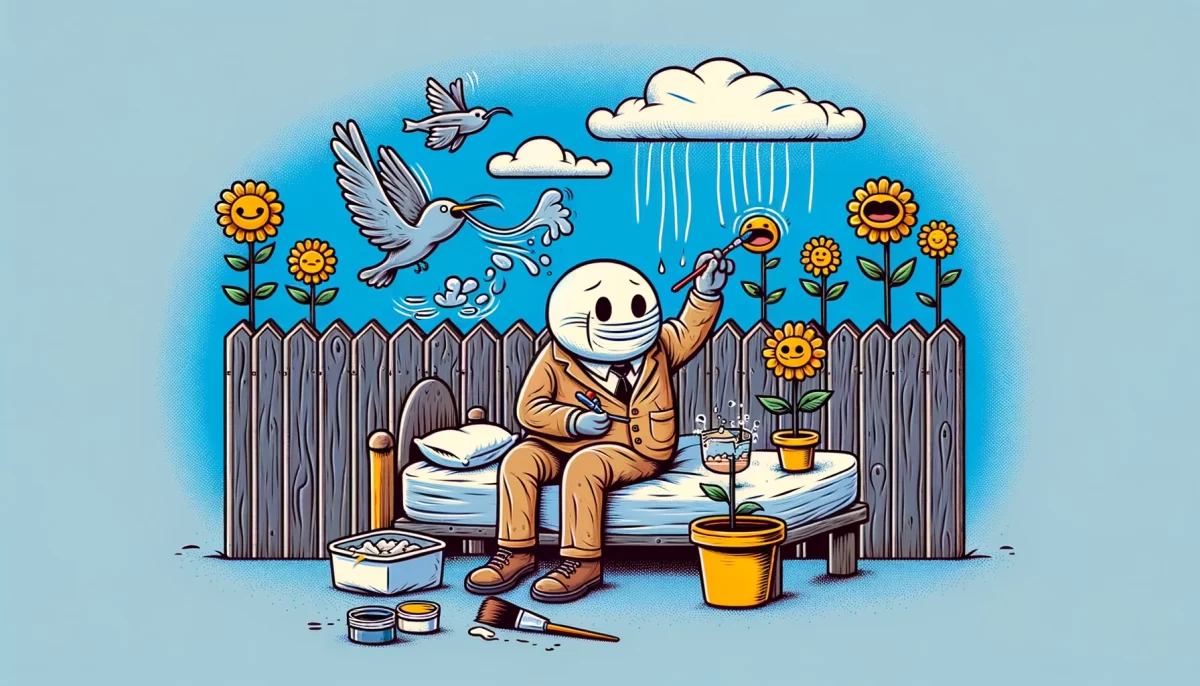

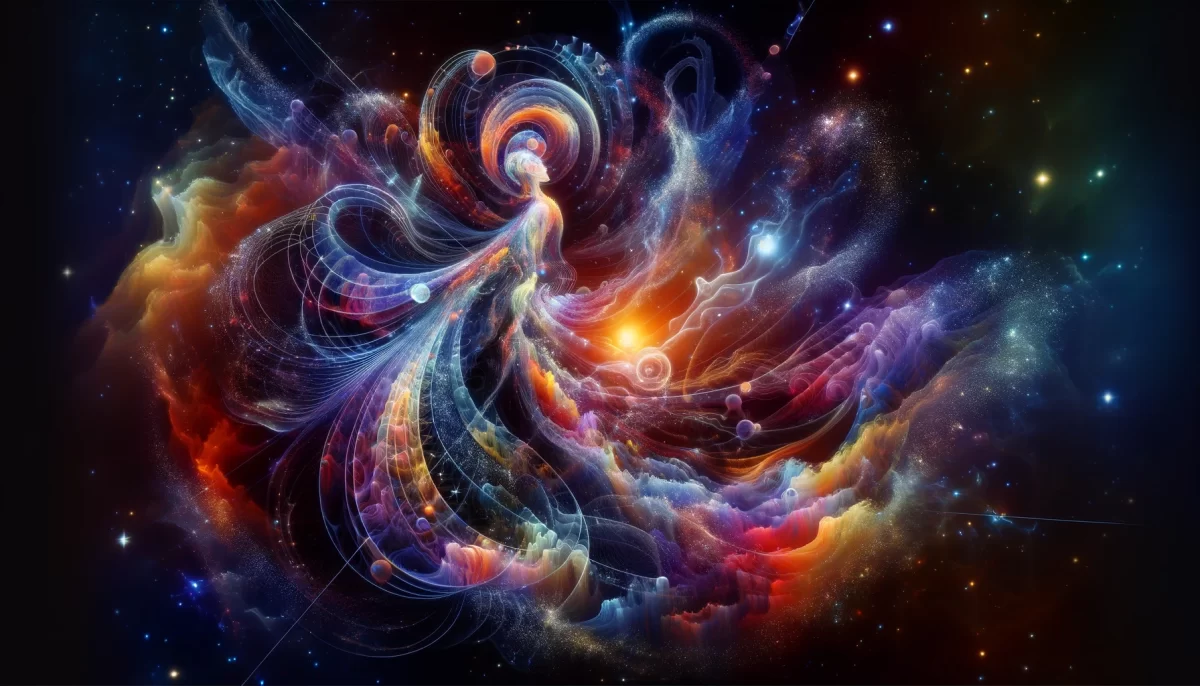
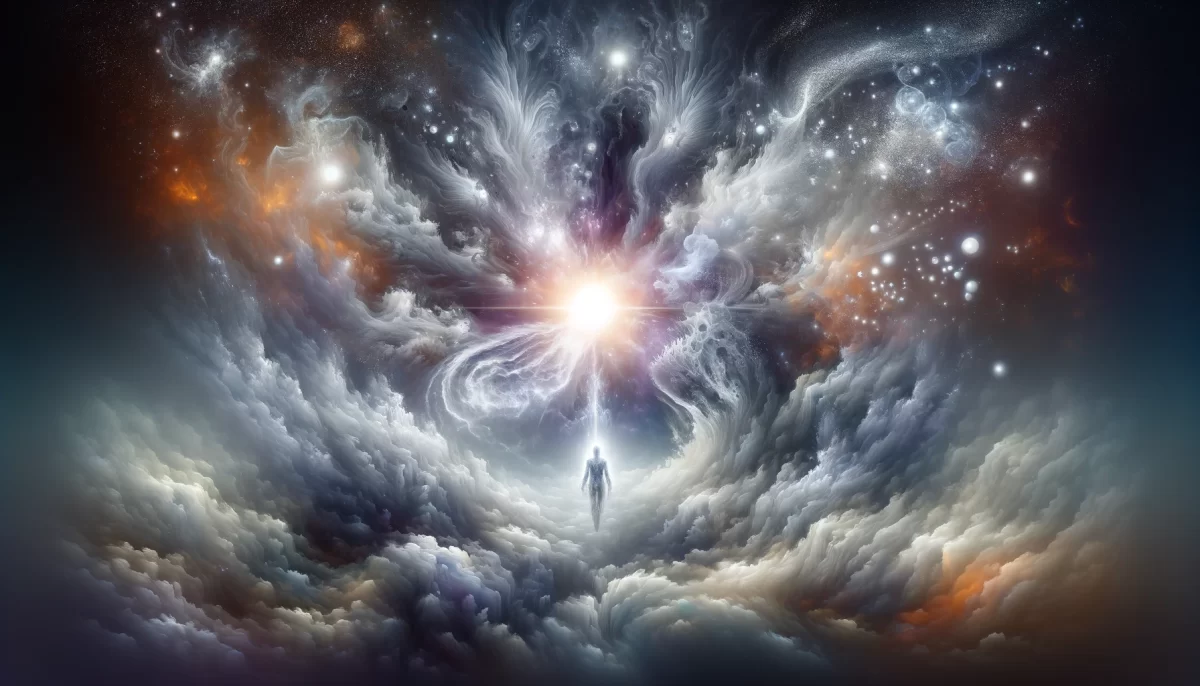


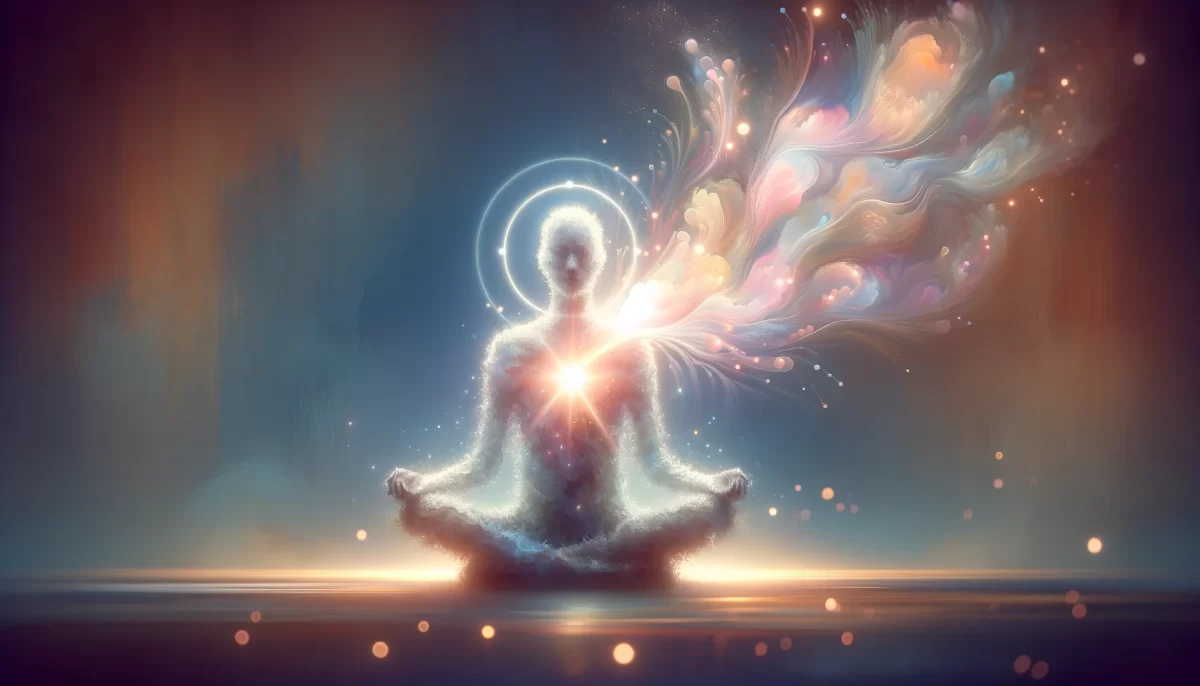

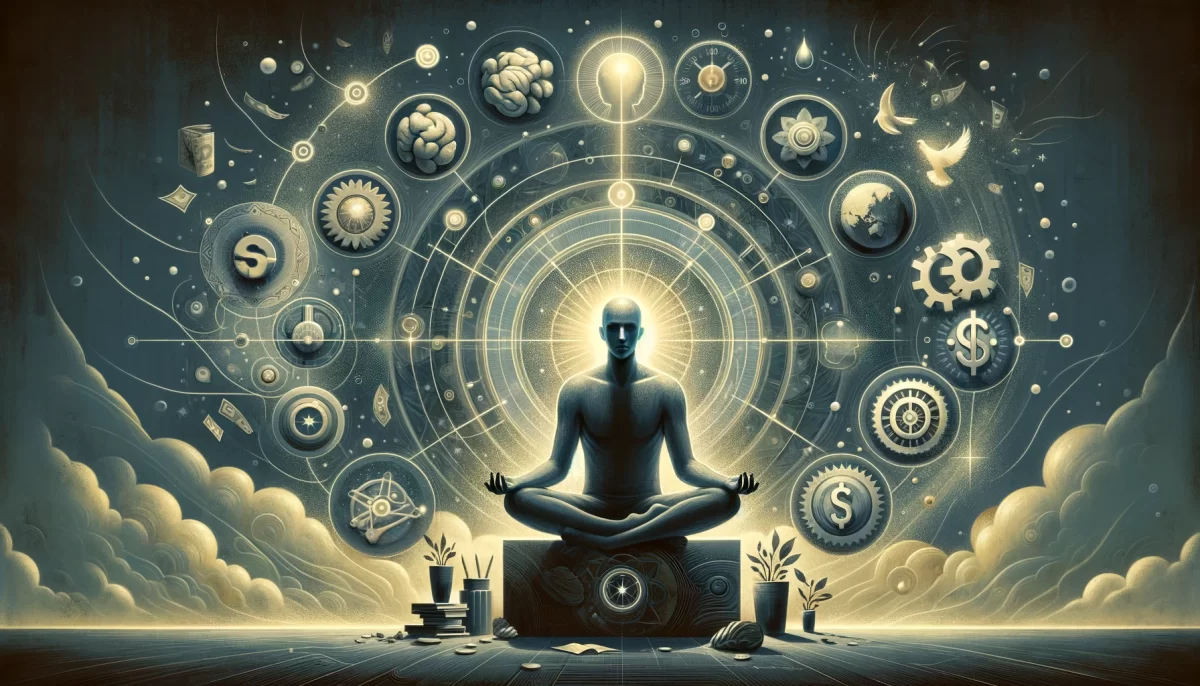
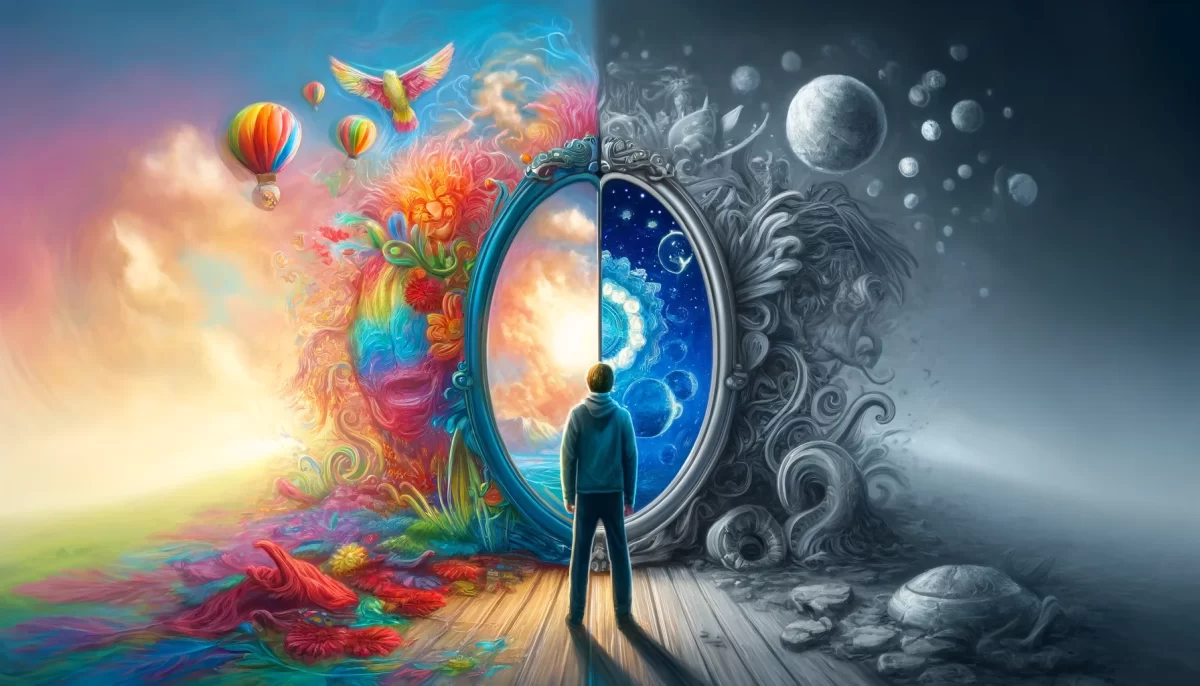





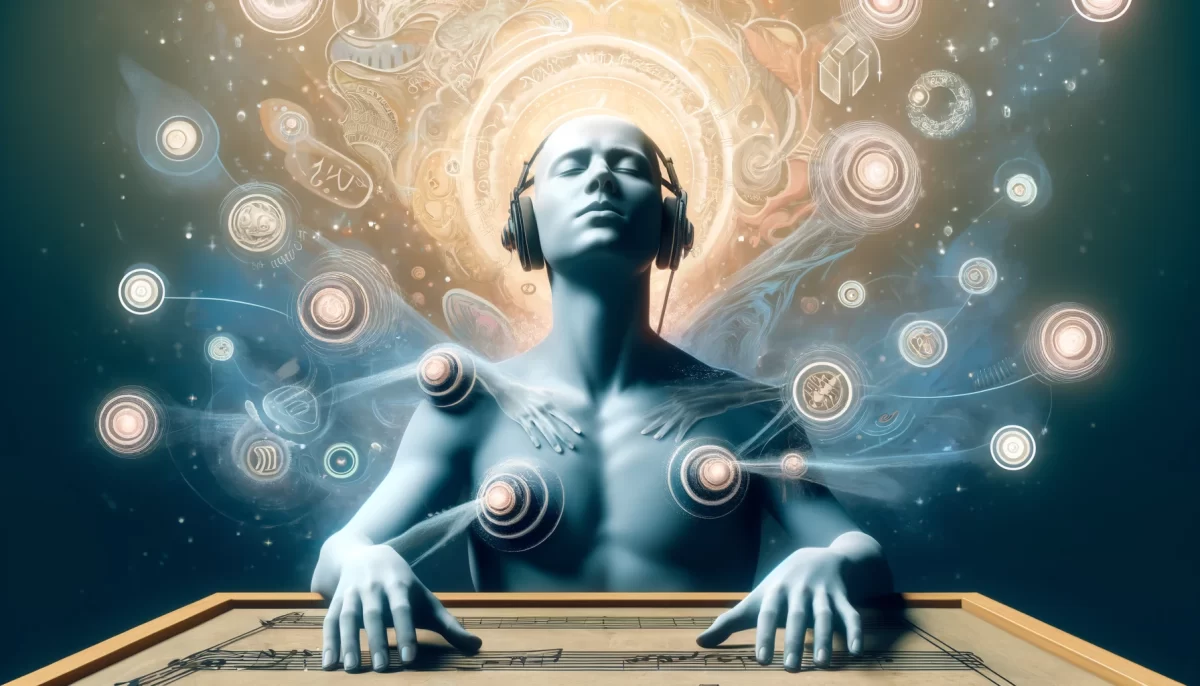
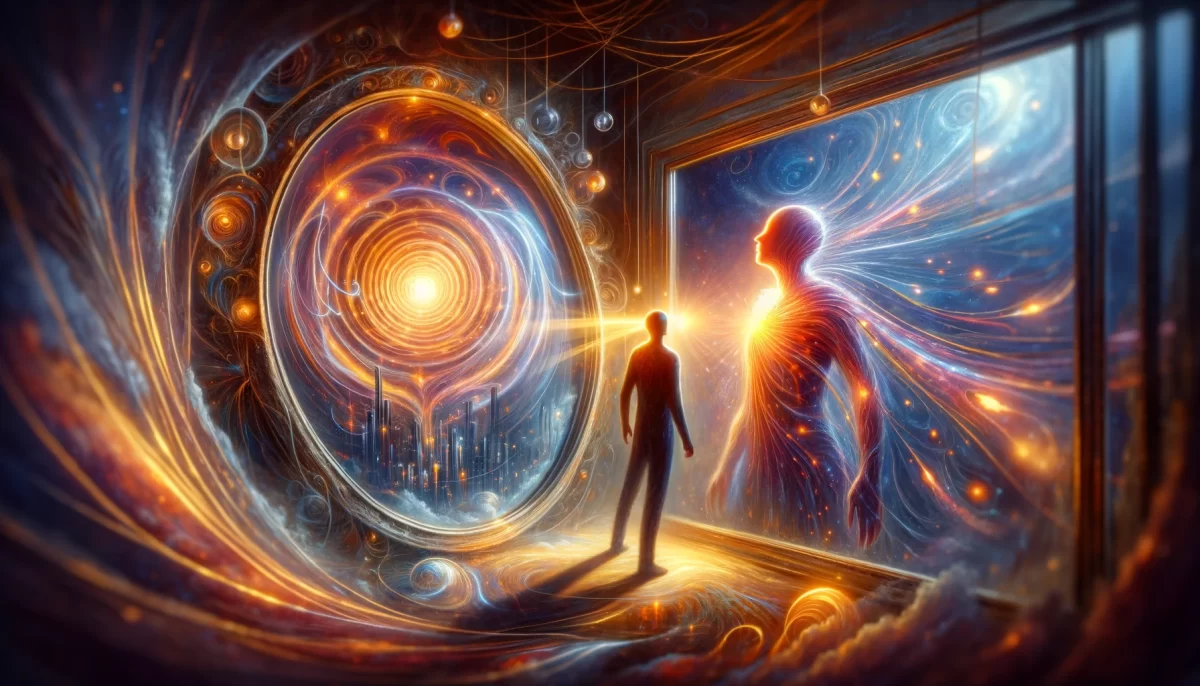

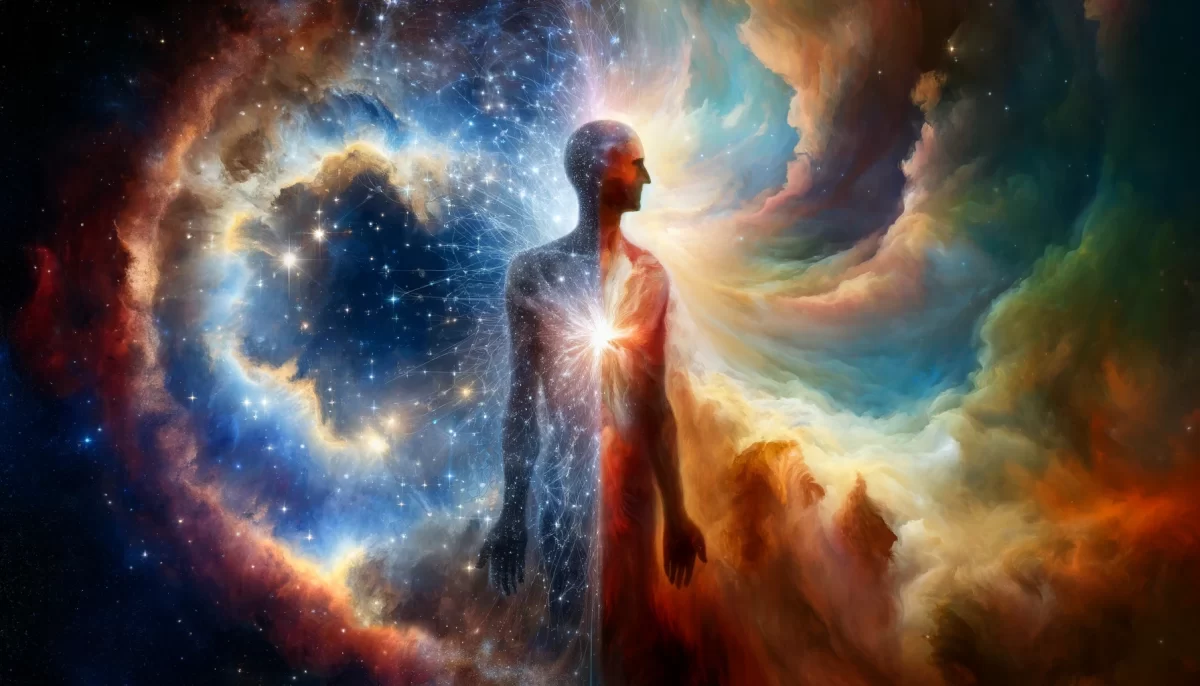



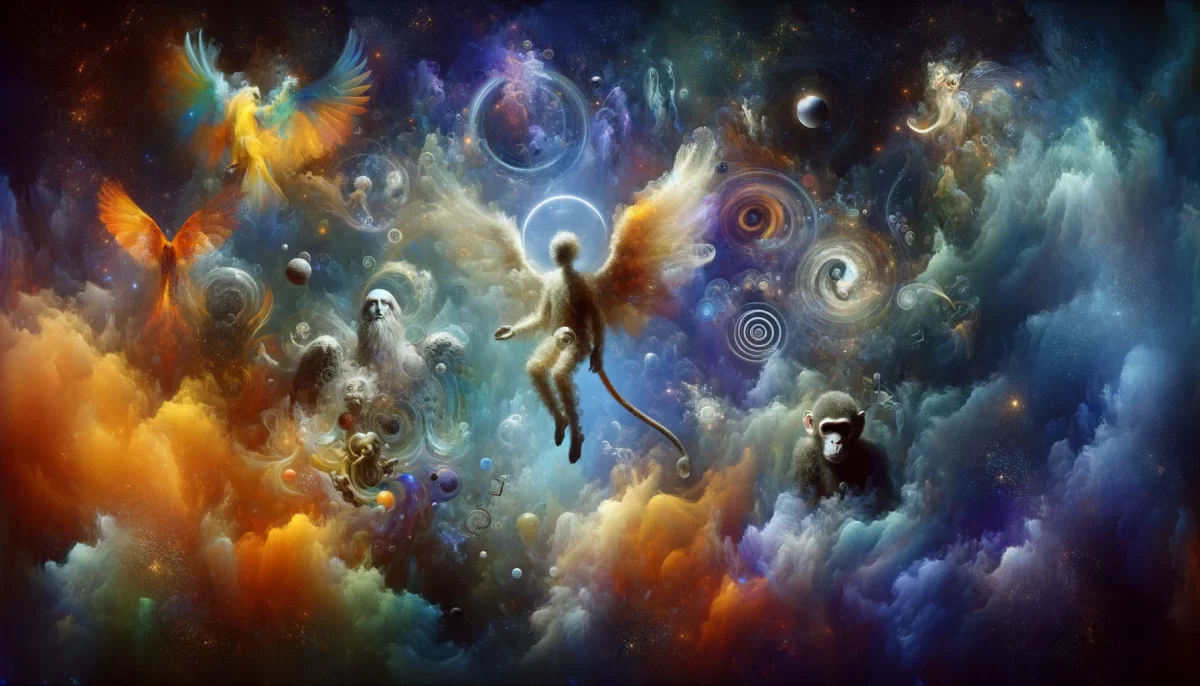
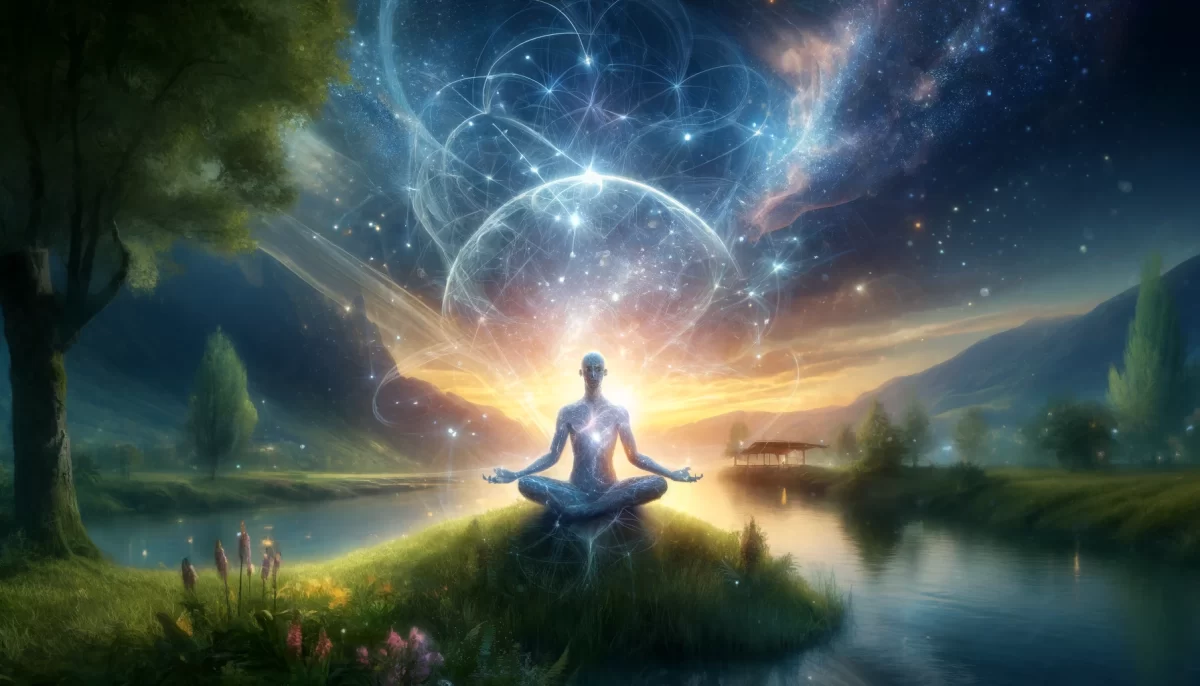
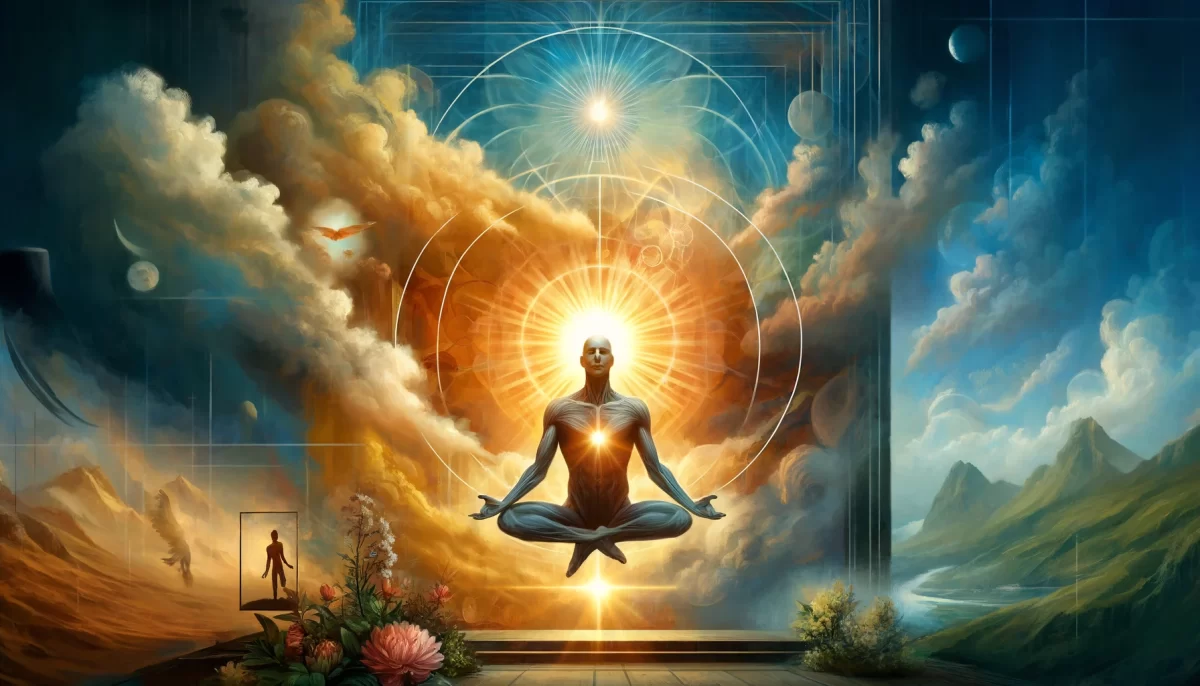
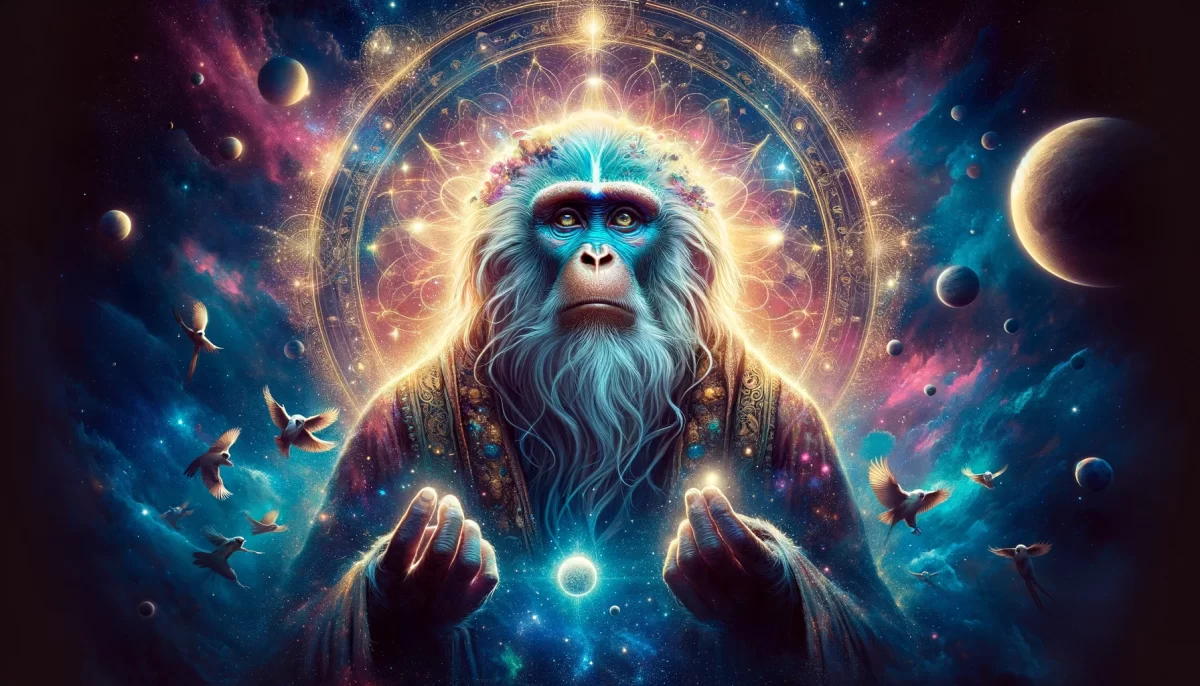
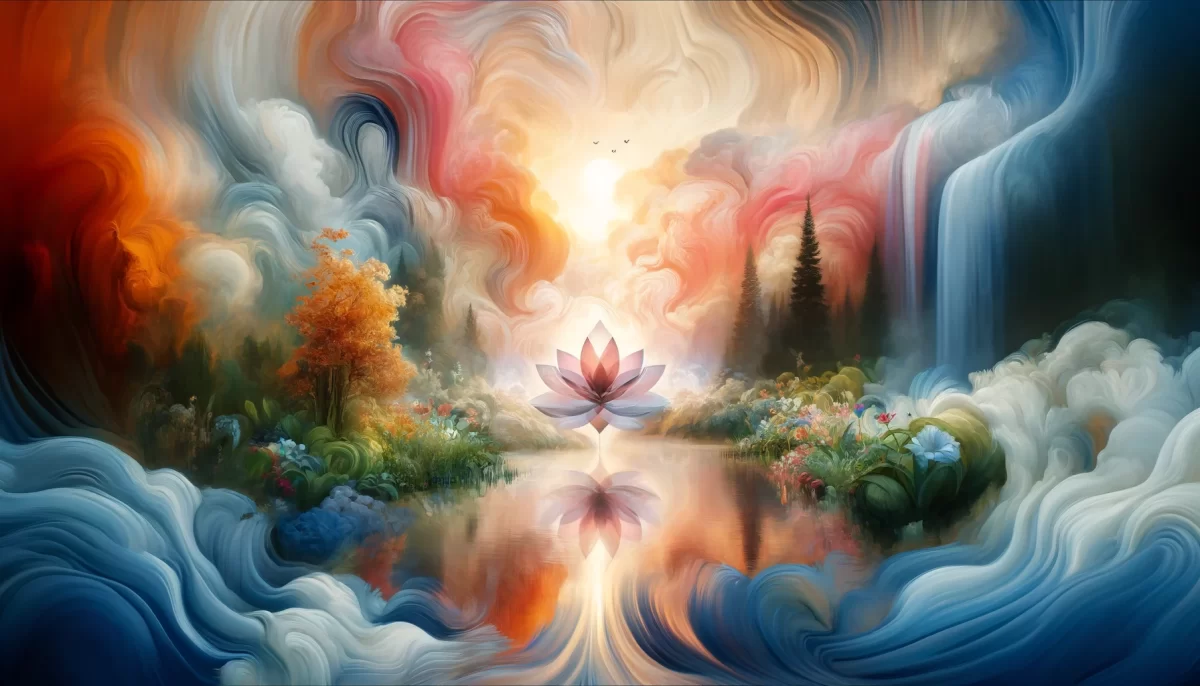
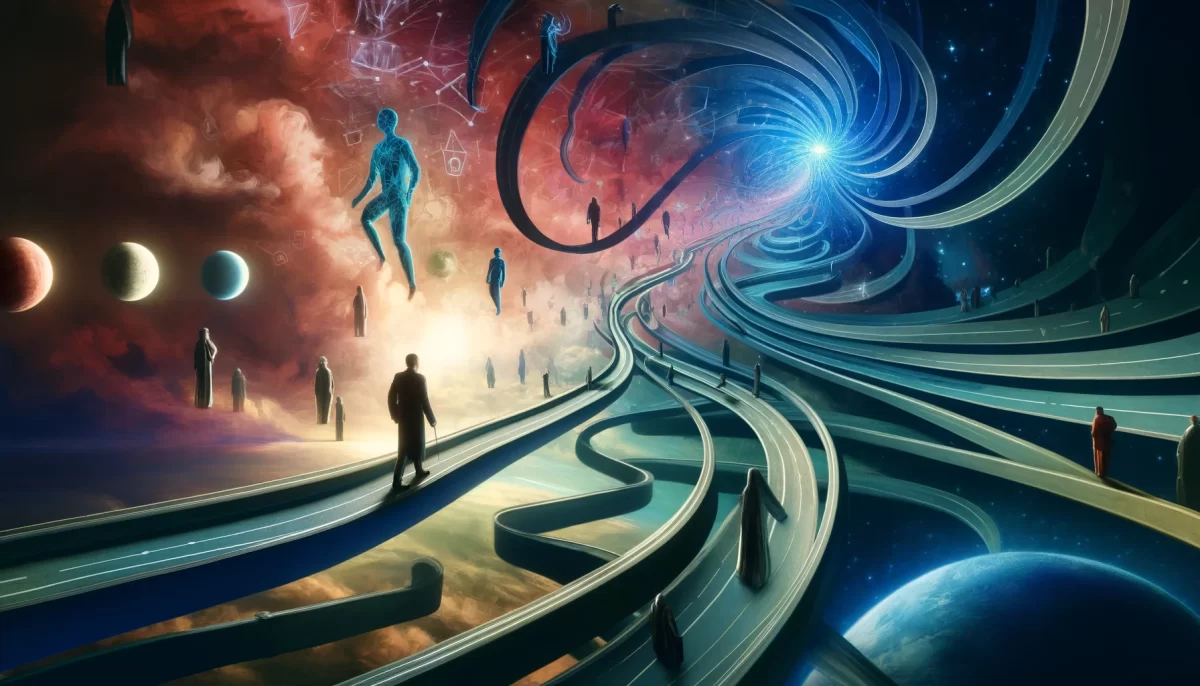
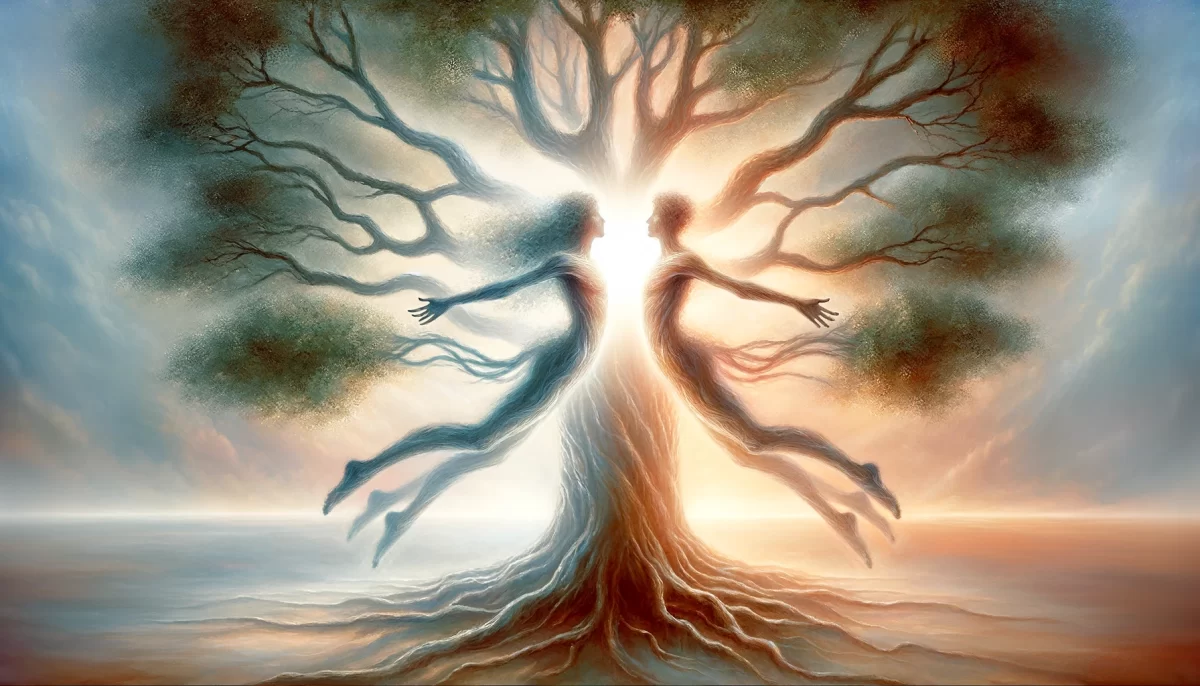
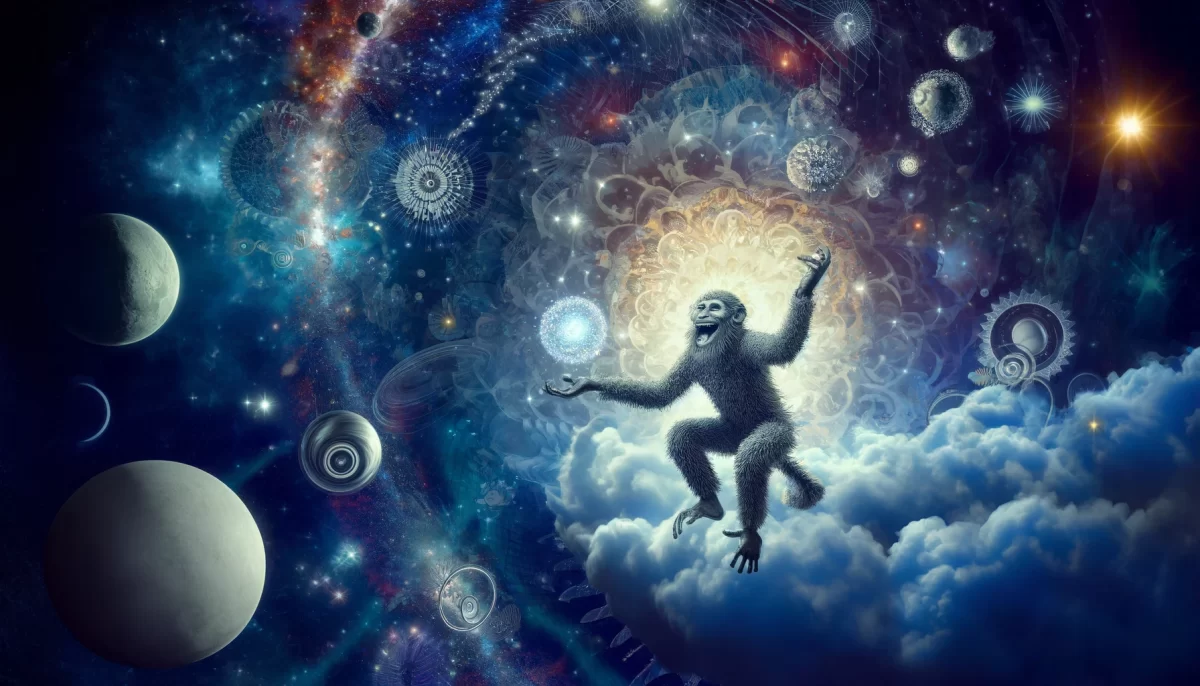
Leave a Reply